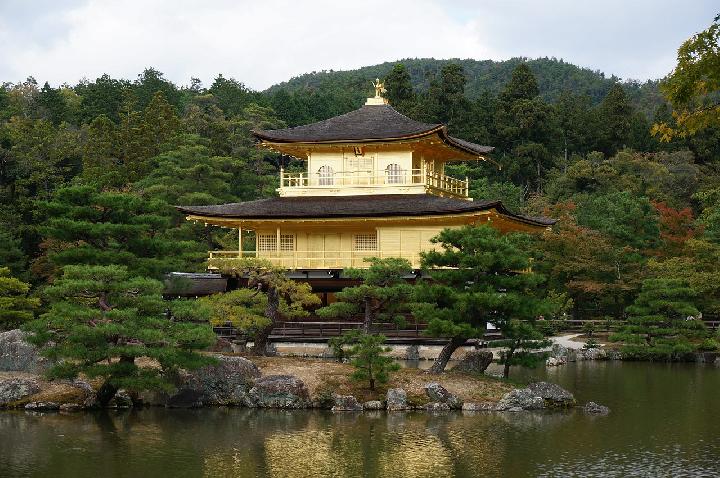TEMPO.CO, Jakarta – As a way to address overtourism, Kyoto, Japan plans to impose the highest hotel tax starting March 2026. The number of foreign tourists visiting Japan was 36.9 million last year.
The Japanese Ministry of Internal Affairs and Communications approved the highest hotel tax on October 3 to promote sustainable tourism, marking the first increase since the tax was introduced in October 2018.
The accommodation tax is also aimed at increasing the city’s revenue from accommodation tax from 5.2 billion yen to 12.6 billion yen. Currently, the accommodation tax in Kyoto is capped at only 1,000 yen per night.
Amount of Accommodation Tax in Kyoto
If you’re planning a vacation to Kyoto next spring or later, be prepared for higher hotel rates. The approved tax increase is based on accommodation prices. The only exemption for the hotel tax in Kyoto is for students and teachers traveling for school purposes.
Here’s a brief guide to the new hotel tax rates in Kyoto, as reported by Travel and Leisure Asia.
– 200 yen for rooms priced below 6,000 yen, and this rate remains the same.
– 400 yen for room prices from below 6,000 yen to 20,000 yen
– 1,000 yen for room prices between 20,000 yen and 50,000 yen.
– 4,000 yen for room prices from 50,000 yen to 100,000 yen.
– 10,000 yen for room prices over 100,000 yen per night.
The additional revenue generated by this new hotel levy will help Kyoto build sustainable tourism infrastructure, benefiting both tourists and local residents. This includes the expansion of multilingual information services, the launch of ethical campaigns, and a new express bus connecting Kyoto Station with the temple-filled Higashiyama district, according to the South China Morning Post.
Impact of the Hotel Tax
According to Nicholas Smith, Digital Director Holidays at online travel agency Thomas Cook, the accommodation tax is not designed to deter tourists from visiting, but to reinvest in things that make the city attractive: cultural preservation, public transportation, cleanliness, and better visitor management.
“After years of recording record demand, many tourist destinations are striving to alleviate pressure on infrastructure and local communities while ensuring that the economic benefits of tourism are distributed more fairly,” he told Euronews.
Smith added that because of Kyoto’s tiered tax system, the accommodation tax will actually have a small impact if it goes hand in hand with value creation. Tourists opting for premium accommodation are motivated by quality and authenticity, and when they see that their contribution supports local sustainability and enhances the tourist destination, it actually enhances their experience rather than diminishes it,” he said.
Editor’s Choice: Why Japanese Tourists Are Choosing Nara Over Kyoto
Click here to get the latest news updates from Tempo on Google News


AloJapan.com